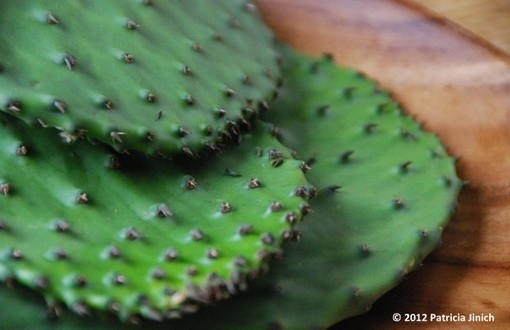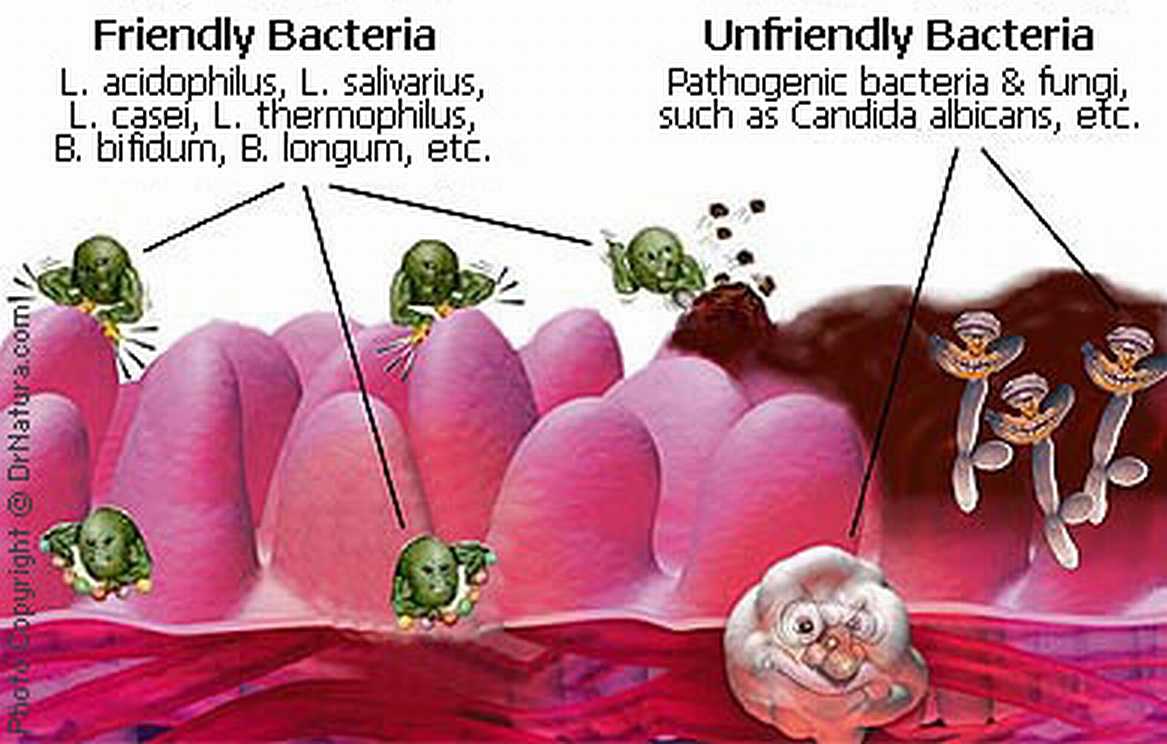
Lentils and beans are two commonly ignored foods that have a lot of health benefits. They’re beneficial for people who have or are in danger of developing diabetes. They also provide anti-aging benefits, are heart-healthy, and can be cooked in a lot of different ways. If you’re wondering what you should eat to have a healthy diet, the answer surprisingly enough, is beans.
Most varieties of beans and lentils are very low in fat. Soybeans are the only exception. People who are watching their weight may wish to pay attention to their intake of this type of bean, but can eat others without worry. Beans and other legumes also offer complex carbohydrates, which we need to power our bodies, and plenty of dietary fiber – around fifteen grams per cup, which is half the 25 grams we should eat every day. They also contain essential fatty acids (omega-6s, and in the case of soybeans, omega-3s). Combine beans or lentils with grains like barley, oats, and rice, and complete proteins are formed, making them a good source of this vital nutrient for people who should avoid meat or choose not to eat it.
If you’re in danger of developing diabetes or already suffer from the condition, you’ll be happy to hear that beans and lentils have a low glycemic index. This means that they won’t cause blood sugar levels to spike the way refined grain products can. Since the nutrients in lentils and beans are released into the body slowly, they prevent us from feeling hungry over a longer period than many other foods, while providing energy to keep us going.
No matter what your favorite cuisine might be, beans and lentils can be prepared in a way that suits you. They’re found in American, Mexican, Indian, Middle Eastern, and many other cultures as a major source of food. Japanese people eat soybeans in their processed form as tofu and miso, and lightly cooked as edamame. You can use these versatile foods in soups, salads, and even spreads and dips. Some people even sprout them and use them as an extra ingredient in breads, a practice that has been going on for thousands of years.
Beans, in addition to their fiber content, are also good for your heart. They contain potassium, which can reduce the risk of strokes and high blood pressure. Most adult Americans don’t get enough potassium. Adding beans to your diet can help improve your potassium intake. Beans also provide folic acid, which breaks down an amino acid known to contribute to heart disease. People who eat beans four times a week or more have a twenty percent reduction of their risk of developing heart disease, independent of other healthy habits. Lentils and beans also help reduce blood cholesterol and contain anti-oxidants also found in red wine, tea, and other foods.

Source by Susanne Myers
 Vitamin Agent The Health & Naturalistic Source
Vitamin Agent The Health & Naturalistic Source





